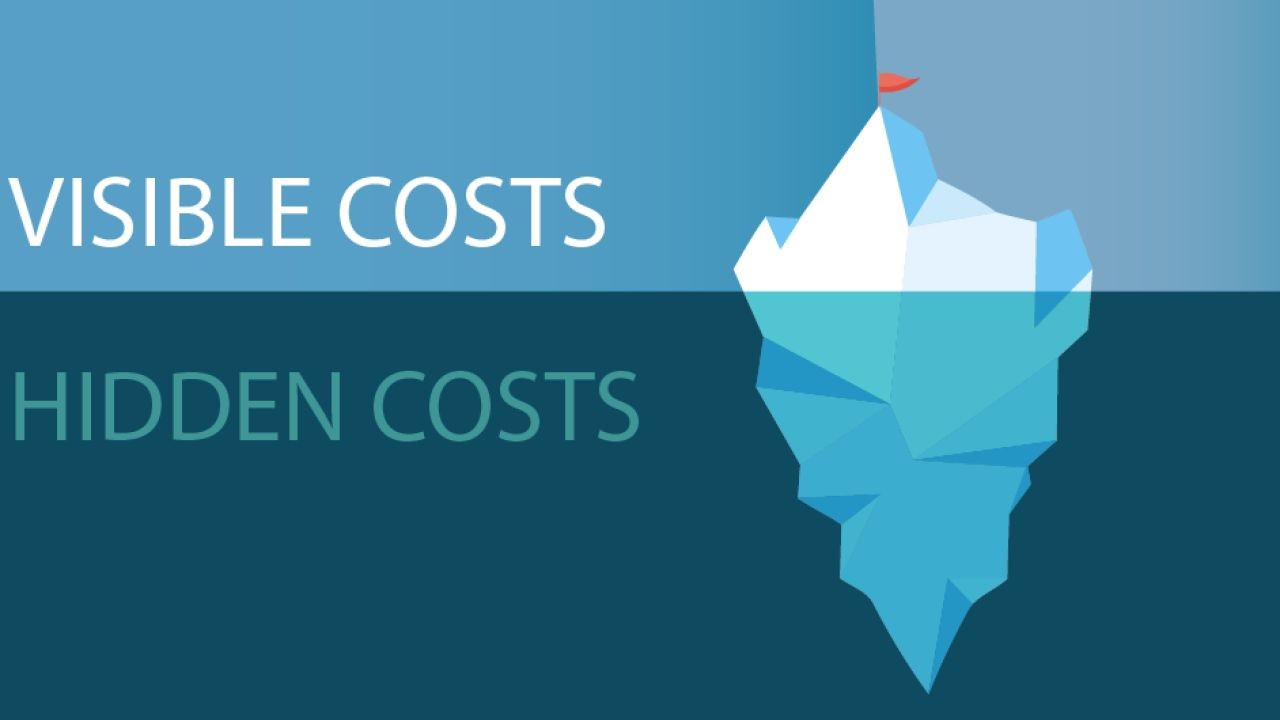In a world that increasingly relies on technology, New Zealand's government is embracing artificial intelligence (AI) as a potential game-changer for the economy. While AI has the power to revolutionize industries, drive efficiency, and foster economic growth, it also presents significant challenges and risks. The drive towards AI integration in various sectors could indeed be a double-edged sword, holding both promise and peril for the Kiwi nation.
The Promise of AI: Opportunities for New Zealand
AI technology presents numerous opportunities for New Zealand. It can streamline operations, enhance productivity, and lead to innovations across industries. For instance, the agricultural sector, a cornerstone of New Zealand's economy, could benefit from AI-powered predictive analytics to optimize crop yields and reduce waste. According to Stats NZ, integrating AI could potentially increase agricultural productivity by up to 25% over the next decade.
Moreover, the financial services industry stands to gain from AI-driven tools that enhance customer service through chatbots and personalized financial advice, improving customer engagement and retention. A report by the Reserve Bank of New Zealand suggests that AI implementation in banking could reduce operational costs by 30%, enhancing the competitiveness of Kiwi banks on a global scale.
Case Study: AI in New Zealand's Healthcare Sector
Problem:New Zealand's healthcare system faced challenges in managing patient data efficiently, leading to delays in patient care and increased administrative costs. A significant portion of healthcare providers operated with outdated systems, hindering their ability to provide timely services.
Action:To address this, several hospitals integrated AI-powered healthcare management systems. These systems utilized machine learning algorithms to streamline patient data management, optimize staffing schedules, and predict patient admission rates.
Result:After implementing these systems, hospitals reported a 40% reduction in administrative workload and a 20% improvement in patient care delivery times. The integration of AI tools also led to significant cost savings, estimated at NZD 15 million annually.
Takeaway:This case study illustrates the transformative potential of AI in healthcare. By adopting AI solutions, New Zealand's healthcare sector can enhance patient outcomes and operational efficiency. The lessons learned underscore the importance of investing in modern technology to address systemic challenges.
The Perils of AI: Risks and Concerns
Despite its potential benefits, the push for AI in New Zealand raises several concerns. One significant issue is the potential impact on employment. As AI systems become more capable, there is a risk of job displacement in various sectors, particularly those reliant on routine tasks. A study by the Ministry of Business, Innovation and Employment (MBIE) projects that up to 46% of jobs in New Zealand may be automated by 2030.
Furthermore, the ethical implications of AI use, such as privacy and data security, are pressing issues. The implementation of AI systems involves handling vast amounts of personal data, raising concerns about data breaches and misuse. The Office of the Privacy Commissioner emphasizes the need for stringent data protection measures to safeguard citizens' privacy rights.
Pros and Cons of AI Adoption in New Zealand
Pros:
- Increased Efficiency: AI can automate routine tasks, allowing businesses to focus on strategic initiatives and innovation.
- Enhanced Decision-Making: AI algorithms provide insights based on large data sets, leading to informed decision-making.
- Economic Growth: The integration of AI can boost productivity, contributing to economic expansion and competitiveness on a global scale.
- Improved Customer Experience: AI-driven personalization enhances customer engagement and satisfaction.
Cons:
- Job Displacement: Automation may lead to job losses, particularly in sectors with repetitive tasks.
- Data Privacy Concerns: The reliance on data for AI systems raises concerns about data security and privacy breaches.
- High Implementation Costs: Adopting AI technology requires significant investment in infrastructure and training.
- Ethical Implications: AI decisions may lack transparency and accountability, raising ethical concerns.
Debate: AI as a Job Creator or Job Destroyer?
The debate surrounding AI's impact on employment is polarized. Advocates argue that AI will create new job opportunities by fostering innovation and requiring new skill sets. A report by NZTech highlights that AI could generate up to 20,000 new jobs in technology and related fields by 2028.
Critics, however, warn of job displacement, particularly in industries reliant on manual labor. They argue that the transition may not be seamless, and the workforce may need substantial reskilling to adapt to new roles.
Middle Ground: Balancing AI adoption with workforce development is crucial. Investment in education and training programs is essential to equip the workforce with skills needed in a technologically advanced economy.
Common Myths and Mistakes About AI Integration
Myth: "AI will replace all human jobs."Reality: While AI can automate certain tasks, it also creates opportunities for new roles requiring human oversight and creativity. The shift emphasizes the importance of reskilling and upskilling.
Myth: "AI systems are infallible."Reality: AI systems are only as good as the data they are trained on. Bias and errors in data can lead to inaccurate outcomes, highlighting the need for careful data management.
Myth: "Adopting AI is too costly for small businesses."Reality: While initial investments may be high, the long-term cost savings and efficiency gains can outweigh the costs, making AI accessible to businesses of all sizes.
Future Trends and Predictions for AI in New Zealand
Looking ahead, AI is poised to play an increasingly significant role in New Zealand's economy. By 2028, it is predicted that AI adoption will contribute NZD 5 billion to the country's GDP, according to a report by Deloitte. The government is likely to continue investing in AI research and development to maintain a competitive edge internationally.
Furthermore, the rise of AI ethics and regulation will shape the way AI systems are developed and implemented. The focus will be on establishing robust frameworks to ensure AI technologies are used responsibly and ethically.
Conclusion
As New Zealand navigates the complexities of AI integration, it is clear that the technology holds both promise and peril. By leveraging AI's potential while addressing its challenges, the country can position itself as a leader in innovation and economic growth. Ultimately, the key to success lies in balancing technological advancement with ethical considerations and workforce development.
What’s your take on AI in New Zealand? Share your insights below!
Related Search Queries
- AI impact on New Zealand economy
- AI job displacement in New Zealand
- New Zealand AI policy and regulations
- AI in New Zealand agriculture
- AI ethics and privacy concerns
People Also Ask
- How does AI impact businesses in New Zealand?AI enhances business productivity and efficiency, with companies reporting up to 30% reduction in operational costs (Source: Reserve Bank of NZ).
- What are the biggest misconceptions about AI?Many believe AI will replace all jobs, but it creates new roles requiring human oversight (Source: MBIE).
- What are the best strategies for implementing AI?Experts recommend starting with pilot projects, investing in employee training, and ensuring data privacy measures.
- What upcoming changes in New Zealand could affect AI?By 2026, policy updates in data privacy could shift the AI landscape—stay ahead by adopting ethical AI practices.
- Who benefits the most from AI?Industries like agriculture, healthcare, and finance benefit significantly from AI, enhancing efficiency and innovation.































